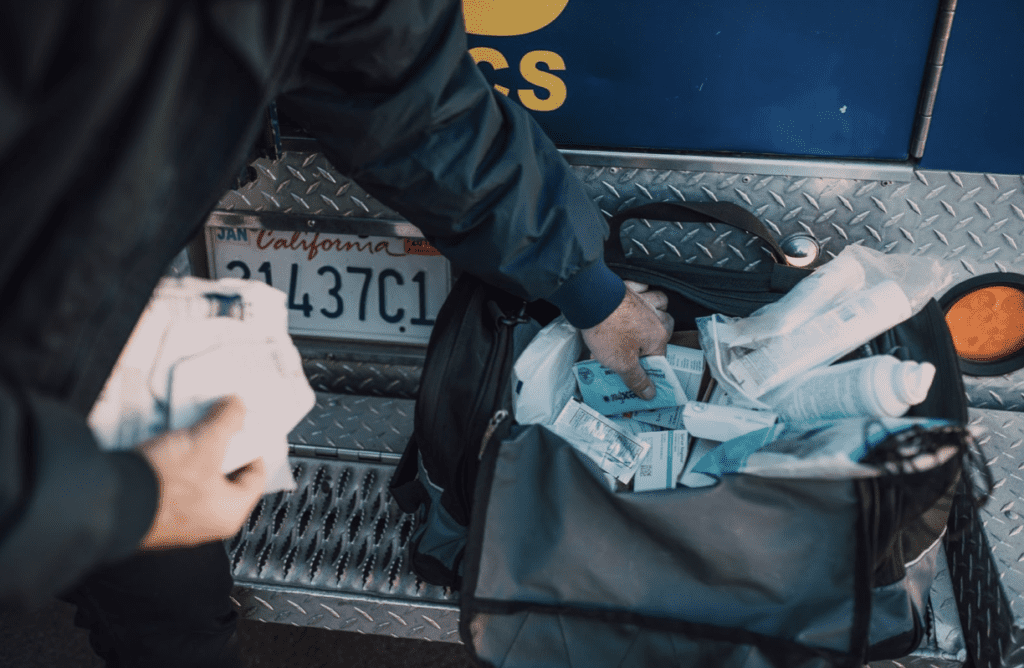When it comes to medical supplies, there are a number of essential items that should be on hand in any healthcare environment.
These include personal protective equipment (PPE), such as gloves, masks, gowns and eye protection; diagnostic tools, such as thermometers and stethoscopes; lab supplies, such as test tubes and pipettes; bandages and wound care products; disposable syringes and needles; IV fluids; and medications. Having these items readily available is critical for providing quality patient care. Let’s discuss each of these medical supplies Australia in more detail.
Personal Protective Equipment
PPE is essential for protecting healthcare workers from exposure to potentially infectious materials. Gloves, masks, gowns and eye protection should always be readily available in any medical setting.
Diagnostic Tools
Thermometers, stethoscopes, blood pressure cuffs and other diagnostic tools are essential for taking a patient’s vitals and facilitating an accurate diagnosis.
Lab Supplies
Test tubes, pipettes and other lab supplies are necessary for running tests on samples of bodily fluid or tissue.
Bandages and Wound Care Products
Bandages, gauze pads and other wound care products are needed to clean wounds, reduce infection risk and promote healing.
Disposable Syringes and Needles
These items are essential for administering vaccines, medications and other forms of treatment.
IV Fluids
IV fluids are used to administer medication and hydrate patients who are unable to drink.
Medications
Prescription and over-the-counter medications are necessary for treating a range of conditions and illnesses.
In addition to the above basics, there are other medical supplies that may be needed depending on the situation or condition being treated. For example, if a patient is undergoing surgery, then surgical instruments will be necessary. If a patient is being treated for diabetes, then glucose test strips and insulin pens may be needed.
Having the right medical supplies can mean the difference between an effective treatment and a failed attempt at patient care. To make sure that your healthcare environment is prepared for any situation, it is essential to stock up on all of these essential medical supplies. Doing so can help ensure that every patient receives the highest quality care possible.
Important non-medical supplies healthcare facilities need
In addition to medical supplies, there are other essential items that should always be on hand in any healthcare environment. The list includes, but is not limited to, the following:
- Cleaning supplies for sanitizing surfaces
- Tools for setting up and maintaining medical equipment
- Office supplies such, as pens and paper
- Furniture, such as chairs and exam tables
How do you find a reliable supplier of medical equipment and devices?
It is absolutely important to research different suppliers and compare prices, services and quality. It is also a good idea to read customer reviews to get an idea of the supplier’s reputation. You don’t want to deal with fly-by-night medical suppliers or those that offer poor customer service.
Taking the time to find a reliable supplier can save you money, especially in the long run. It also ensures that your healthcare facility has all of the essential medical supplies on hand when they are needed.
You may also like
-
White Label CBD Europe: Quality You Can Trust
-
Teach Your Child About The Importance Of Dental Health On Time
-
Taking Control of Your Mental Health: Tips and Strategies
-
CBD vs Delta-8 vs Delta-9: What’s the Difference and How Can Busy Parents Benefit from Each?
-
The Science Behind Aging Well: Why Seniors Need to Stay Active
